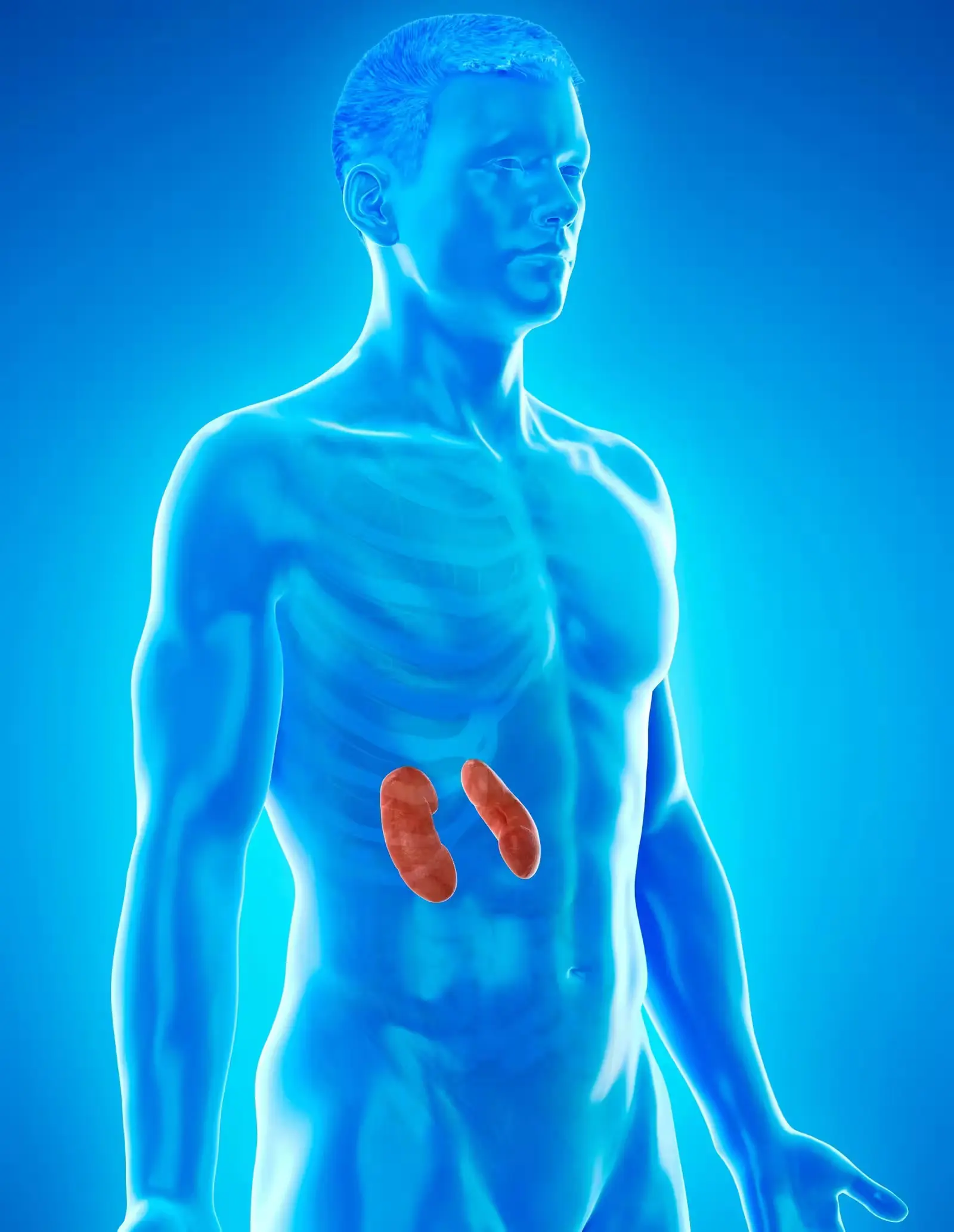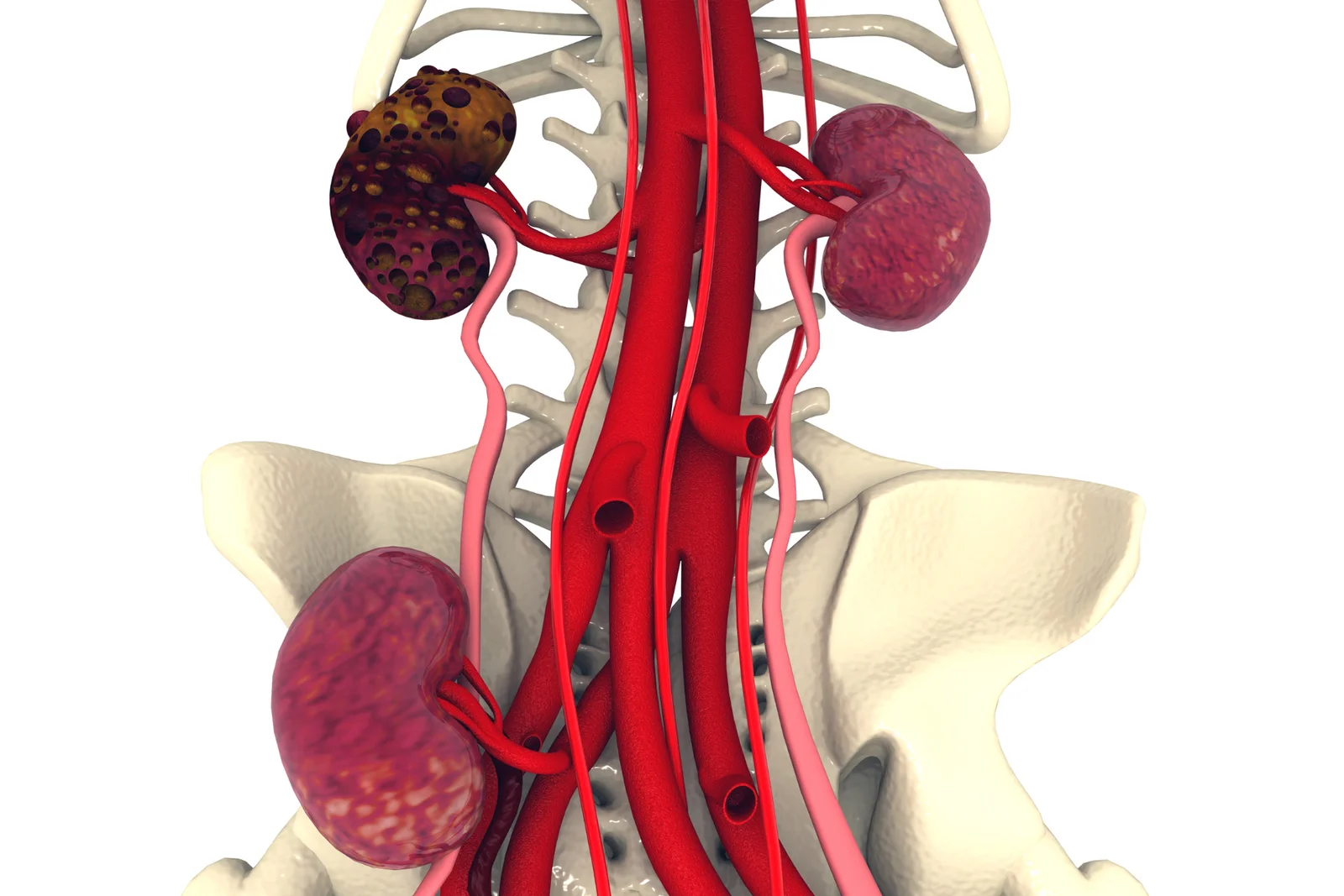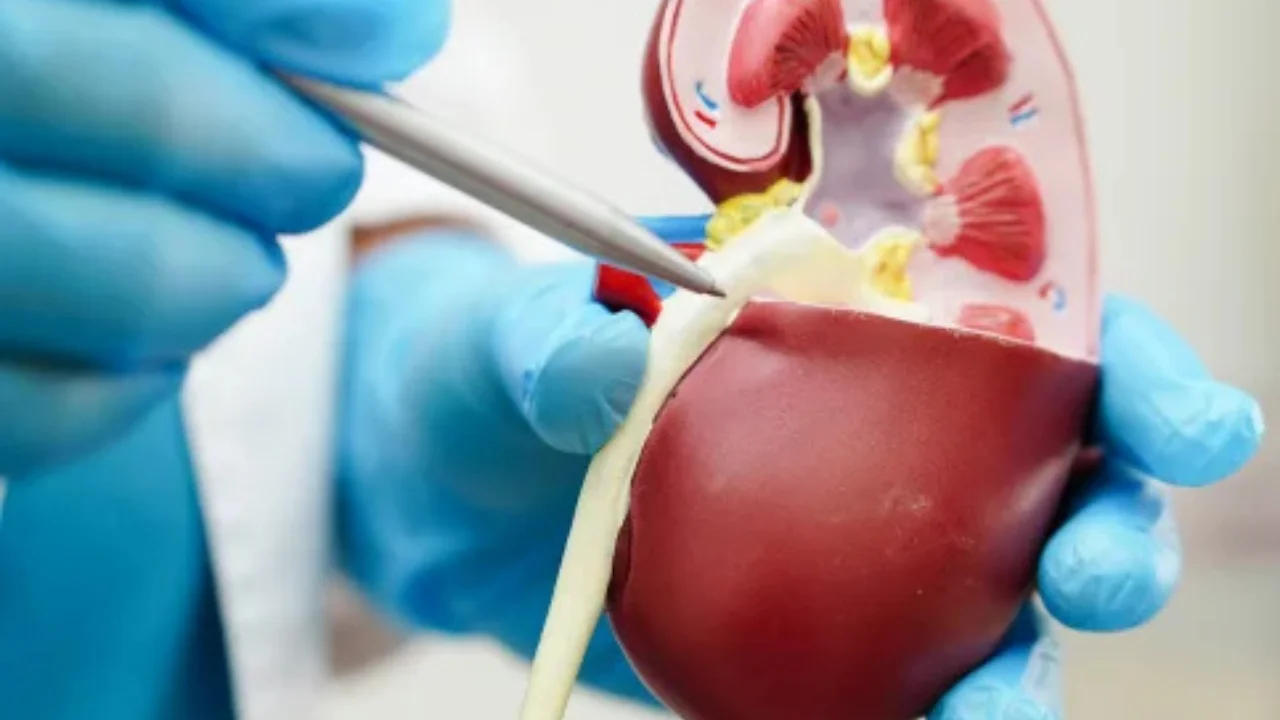
HEREDITARY KIDNEY DISEASE
Reclaim Your Health, Renew Your Life.
Hereditary kidney disease refers to a group of genetic disorders that affect the kidneys, often causing chronic kidney disease (CKD) or kidney failure over time. These conditions are passed down from parents to children through specific genes that influence kidney structure and function. Examples include polycystic kidney disease (PKD), Alport syndrome, and Fabry disease. Hereditary kidney diseases vary widely in their symptoms and severity, but they generally impact kidney function and can lead to significant health issues if untreated

Symptoms
The symptoms of hereditary kidney disease depend on the specific condition and its severity. Common symptoms may include:
High blood pressure
Blood in urine (hematuria)
Flank or abdominal pain
Causes
Hereditary kidney disease is caused by genetic mutations passed down from one or both parents. Key causes include:



Risk Factors
The primary risk factor for hereditary kidney disease is a family history of the condition. Other factors that may influence the onset or progression of the disease include

Genetic Inheritance

Type of Inheritance

Family Medical History
Treatments
While hereditary kidney diseases cannot be cured, treatment aims to manage symptoms, slow disease progression, and prevent complications. Treatment options include:

